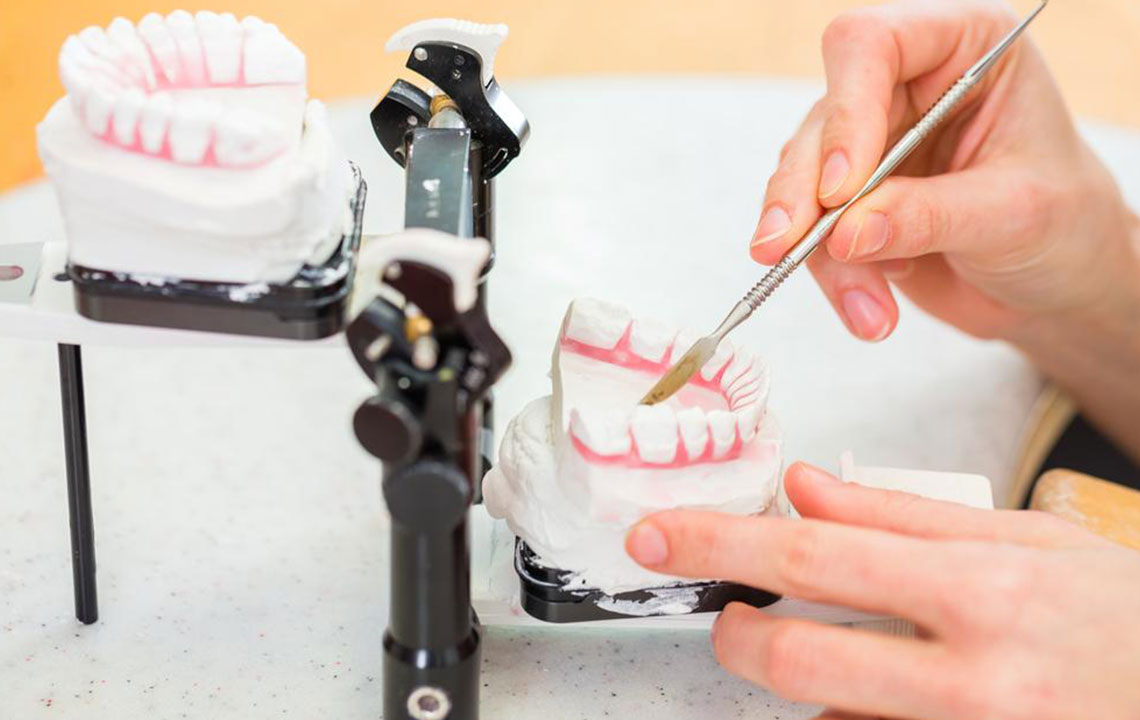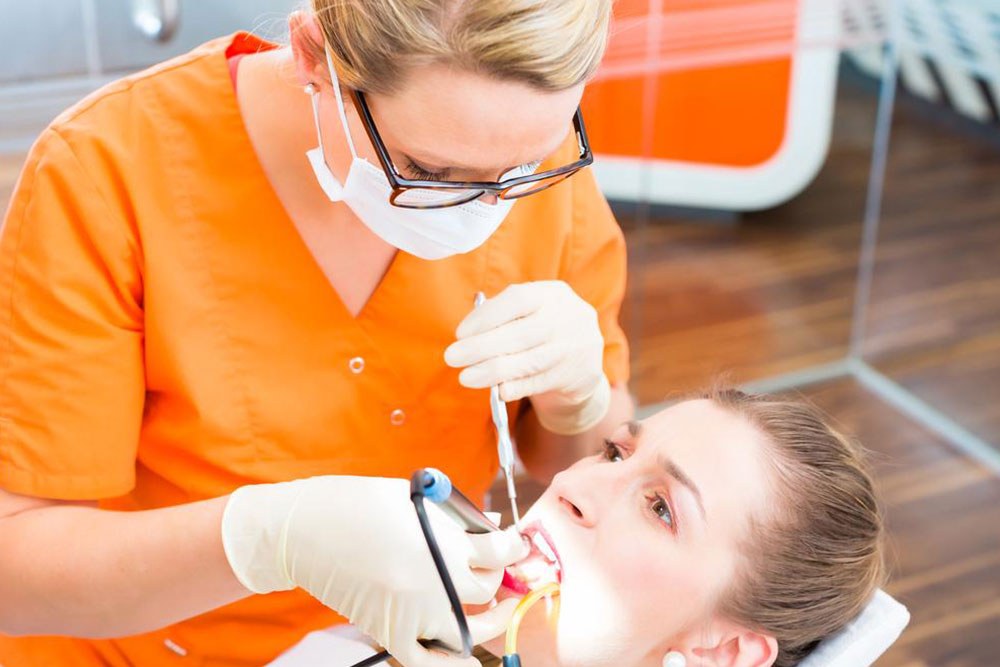Comprehensive Guide to Maintaining Oral Health: Common Issues, Detection Methods, and Prevention Strategies
This comprehensive guide emphasizes the importance of maintaining optimal oral hygiene across all age groups. It covers common dental issues, early detection techniques, and effective prevention strategies to protect oral health. Regular dental visits, proper brushing, and lifestyle choices are crucial for avoiding cavities, gum disease, tooth decay, and other oral problems. The article highlights tailored care for infants, children, adults, and seniors, promoting lifelong dental wellness through proactive measures and early diagnosis. Prioritize your oral health today for a healthier, brighter smile tomorrow.

Comprehensive Guide to Maintaining Oral Health: Common Issues, Detection Methods, and Prevention Strategies
Maintaining optimal oral health is a cornerstone of overall well-being. A healthy mouth not only contributes to your ability to speak and eat comfortably but also plays a vital role in preventing a host of systemic health issues. From cavities and gum diseases to bad breath and oral infections, there are numerous dental problems that can impact people of all ages. Regular oral care routines, early detection of issues, and effective prevention strategies are essential for preserving dental health throughout life. In this comprehensive guide, we delve into the common oral health problems faced across different age groups, how these issues are diagnosed, and practical methods to prevent dental ailments.
Understanding Common Oral Health Challenges
Maintaining oral hygiene involves understanding the unique dental challenges that each age group may face. Recognizing these issues early can lead to more effective treatment and better health outcomes. Let's explore the typical dental problems encountered at various stages of life.
Infants and Toddlers
Early dental care sets the foundation for lifelong oral health. When infants start teething, parents should adopt gentle cleaning routines. Wiping the gums with a soft, damp cloth helps remove bacteria and soothe discomfort. As the teeth emerge, switching to a toddler-friendly toothbrush ensures proper cleaning without harming delicate gums. Scheduling the first dental visit within six months of the first tooth’s appearance or by their first birthday is crucial for establishing good dental habits. Preventing thumb sucking and limiting bottle-feeding during sleep can significantly reduce the risk of early dental decay and enamel erosion.
Children and Adolescents
During childhood and teenage years, dental issues become more prominent. Crooked teeth, also known as malocclusion, often develop between ages 6 and 12. Orthodontic evaluations during this period can facilitate timely interventions. In late adolescence, wisdom teeth eruption may cause discomfort, crowding, and infections, sometimes necessitating extraction. Regular dental check-ups help monitor these changes and address problems proactively.
Adults
Adult dental health concerns tend to revolve around gum health and protecting teeth from damage. Gum infections, including gingivitis and periodontitis, are widespread among adults and can lead to tooth loss if untreated. Bruxism, or teeth grinding during sleep, is another common issue that can cause significant wear and jaw pain, often requiring orthodontic or lifestyle interventions. Cavities remain prevalent due to sugar consumption and poor oral hygiene, leading sometimes to root canal procedures if decay advances deep into the tooth structure.
Older Adults
As people age, their oral health needs evolve. Medications prescribed for chronic conditions frequently cause dry mouth, which diminishes saliva's protective properties and increases decay risk. Age-related changes also include increased susceptibility to gum disease, mouth cancers, and tooth loss. Maintaining strict daily oral hygiene routines, including brushing, flossing, and regular dental visits, becomes even more critical to prevent these issues. Dentures and other prosthetics also require proper care, and routine screenings can help detect oral cancers at early, treatable stages.
Early Detection and Diagnosis of Oral Health Problems
Timely diagnosis is key to preventing severe dental conditions. Routine dental examinations are designed to identify early signs of oral health issues. During these visits, dentists carefully evaluate the condition of the teeth, gums, tongue, throat, jaws, cheeks, and neck. They often measure gum pocket depths with periodontal probes; normal depths range from 1 to 3 millimeters. Pockets deeper than 4mm can signal gum disease progression. Dentists also perform visual examinations for signs of oral cancer, including sores, lesions, or unusual pigmentation. Advanced imaging techniques, such as X-rays, MRIs, CT scans, and endoscopy, may be employed to assess the extent of issues like tumors or deep infections, facilitating timely and effective treatment.
Preventive Measures for Sustaining Good Oral Health
Prevention is the most effective strategy to combat dental problems and maintain a beautiful, healthy smile. Here are proven practices to safeguard your oral health:
Schedule biannual dental check-ups and professional cleanings to remove plaque buildup and detect potential issues early.
Use fluoride-containing toothpaste and brush at least twice a day to strengthen enamel and prevent cavities.
Replace your toothbrush every three to four months or sooner if bristles become frayed, ensuring optimal cleaning efficiency.
Incorporate tongue cleaning into your oral hygiene routine to remove bacteria that cause bad breath.
Maintain a balanced diet low in sugars and acidic foods to reduce decay risk. Consuming adequate calcium and vitamin D supports healthy teeth and gums.
Avoid smoking and limit alcohol consumption, as these habits significantly increase the risk of gum disease and oral cancers.
Consider dental sealants, especially for children, to protect molars from cavities.
Stay hydrated to promote saliva flow, which naturally washes away food particles and bacteria.
By following these preventive steps, individuals can enjoy improved oral health, reduce dental treatment costs, and preserve their natural teeth for a lifetime. Remember, consistent care and early intervention are your best defense against dental problems.





